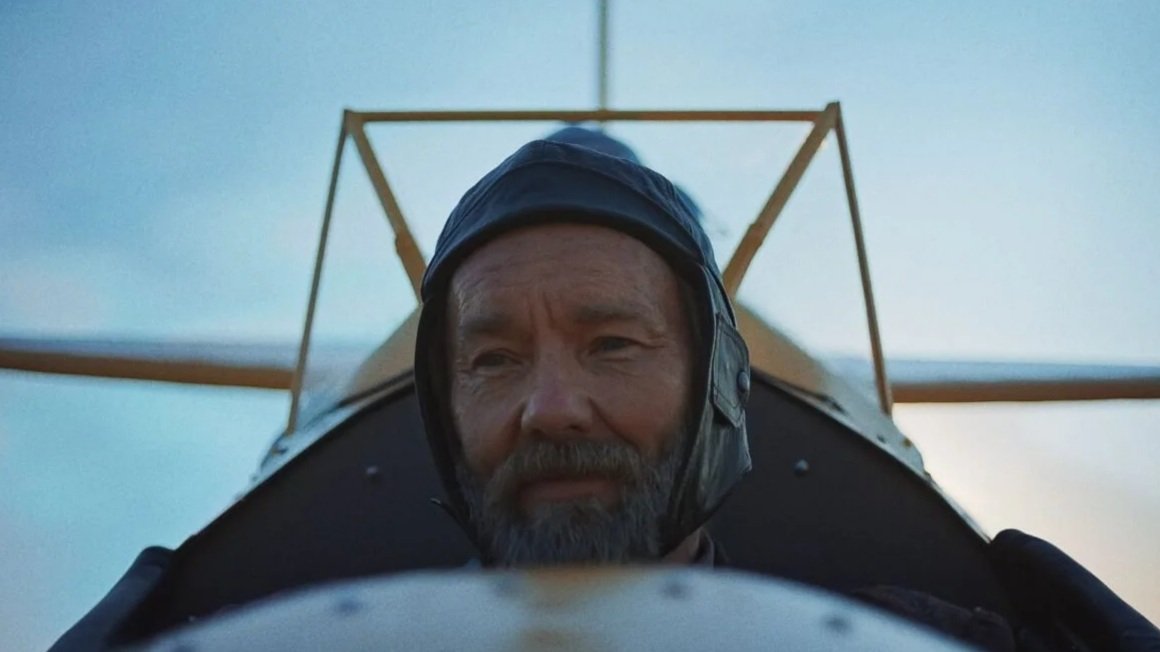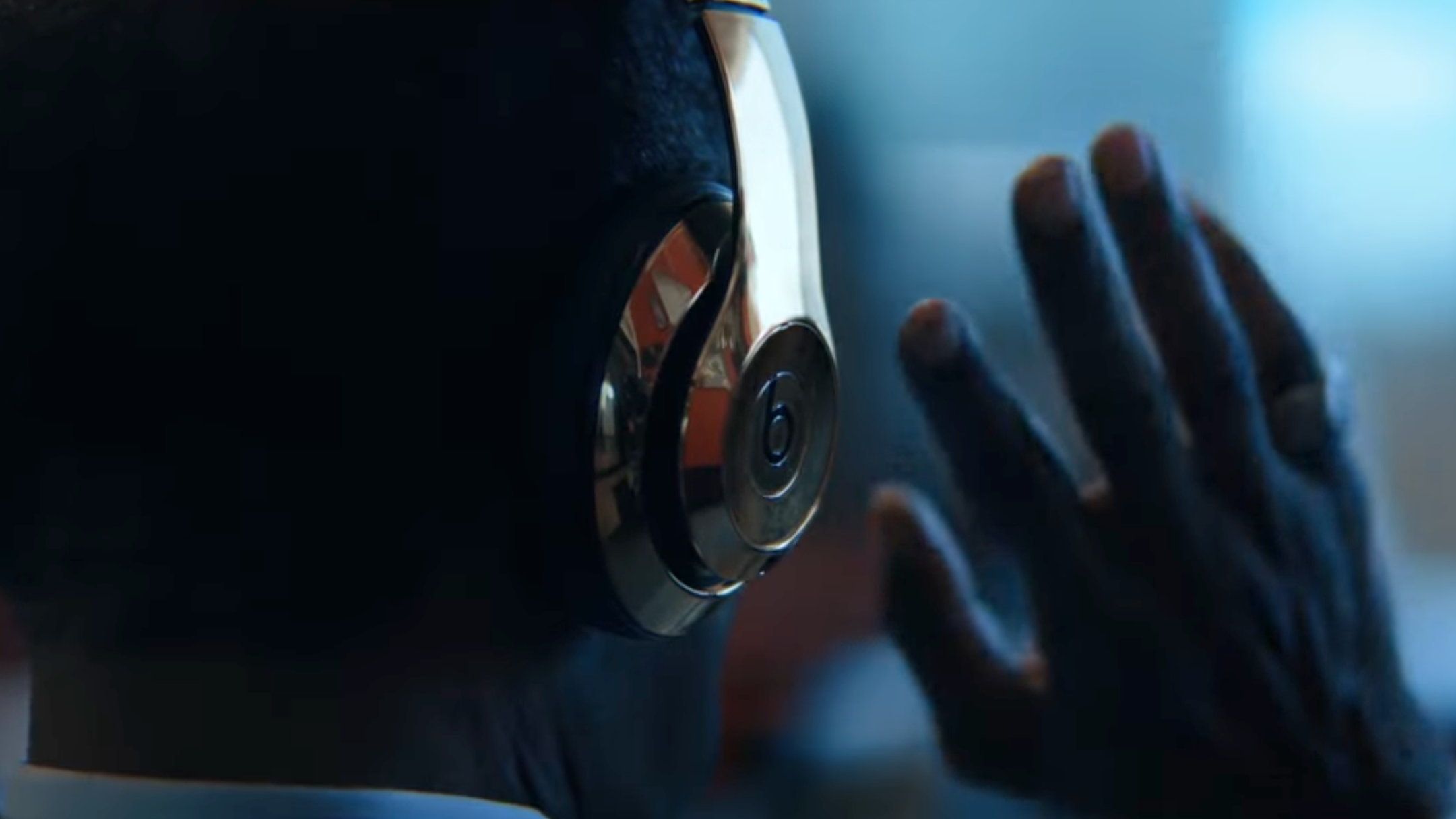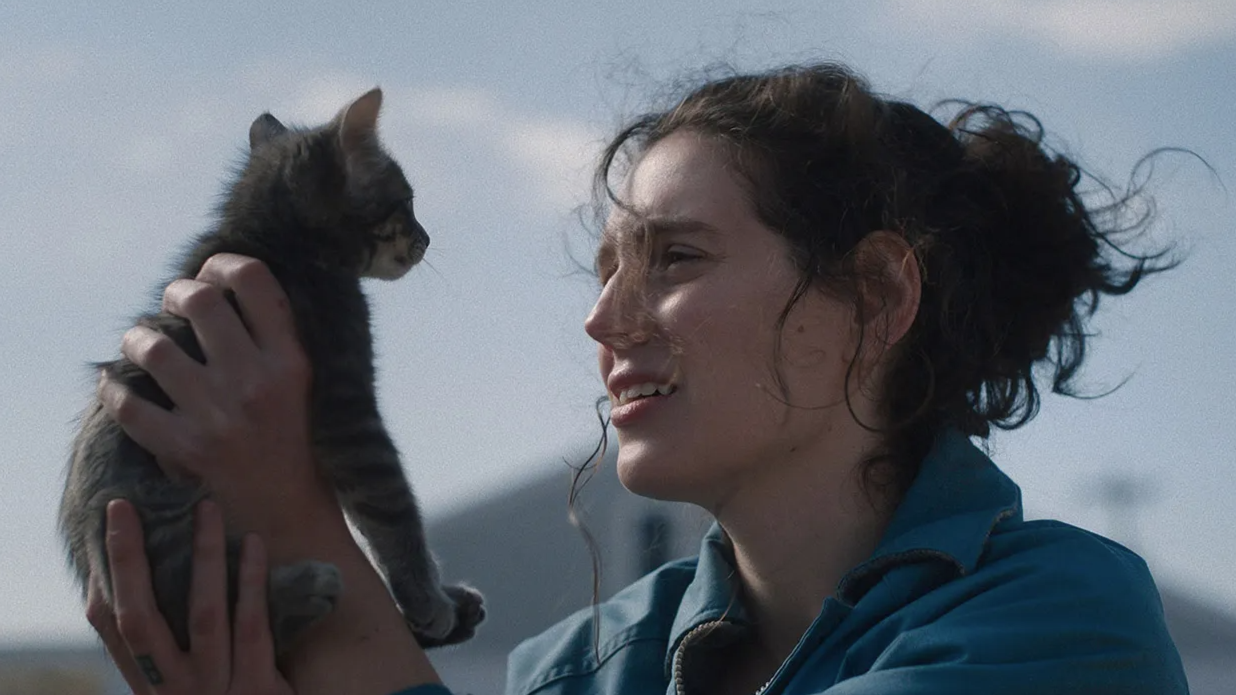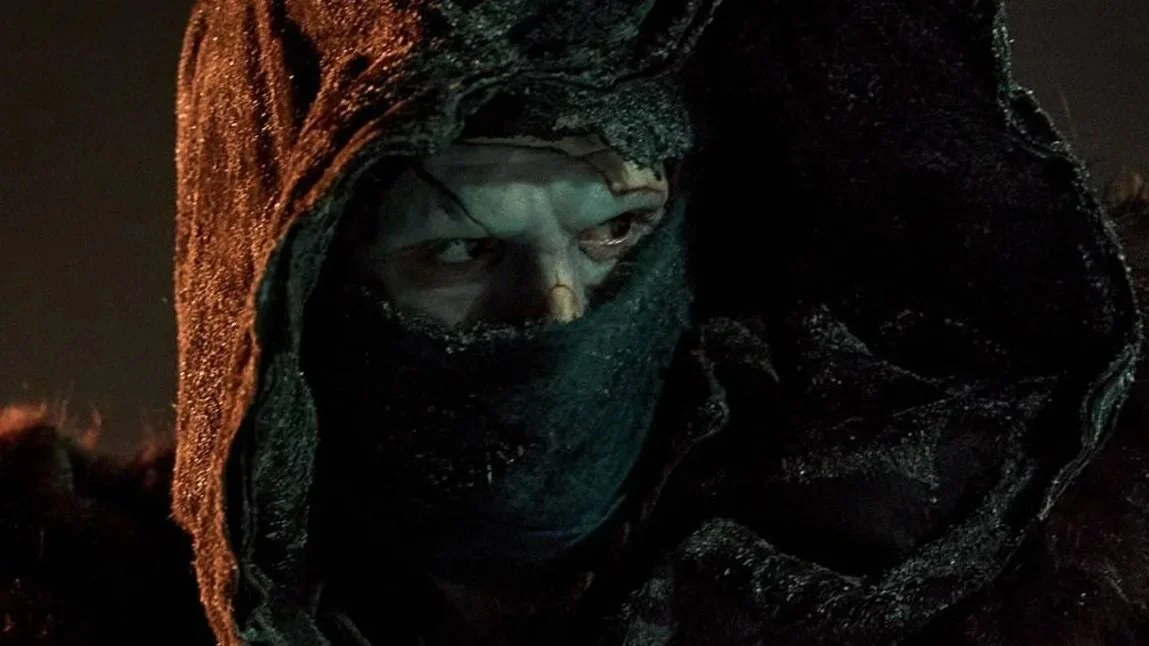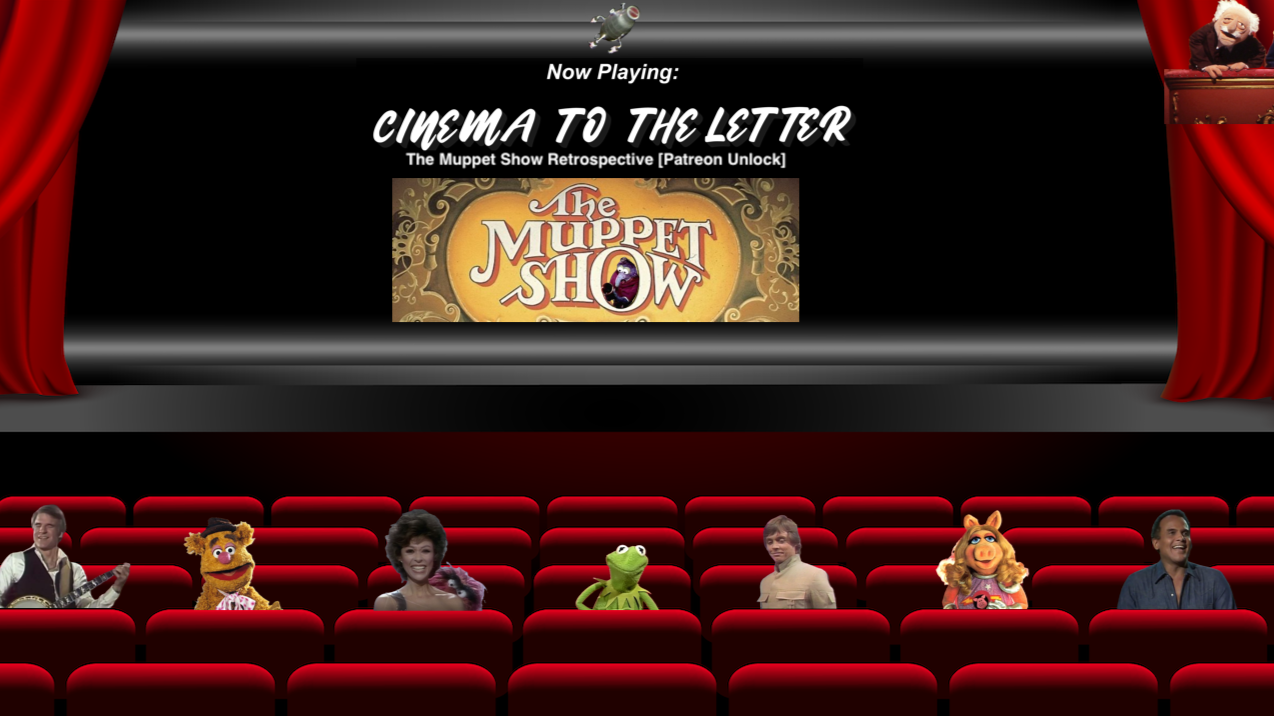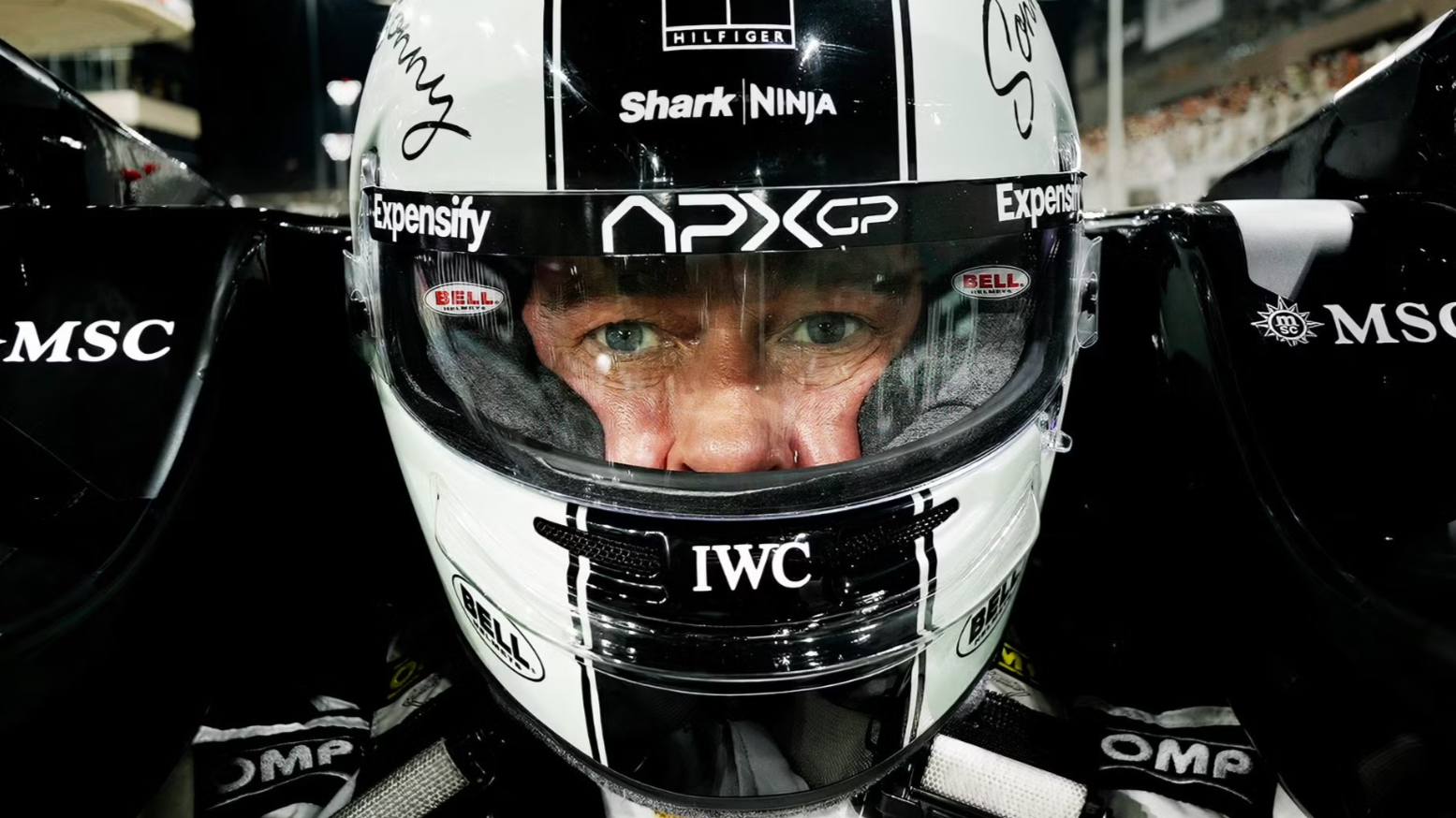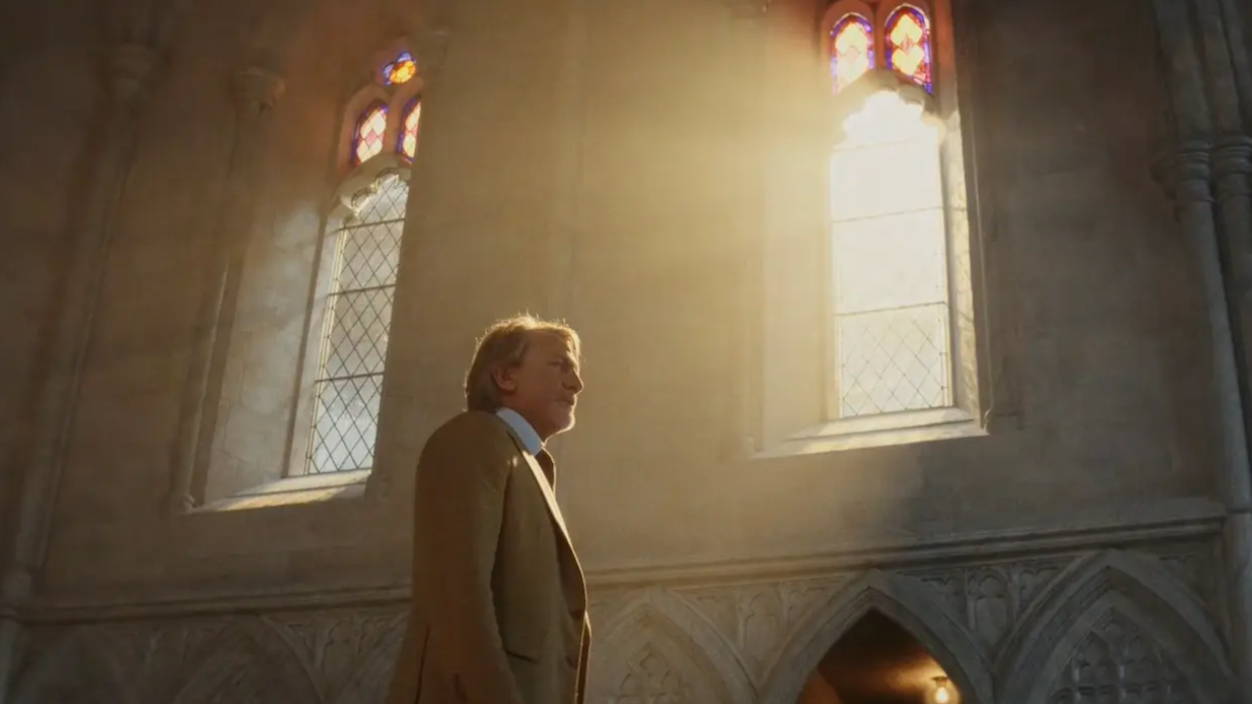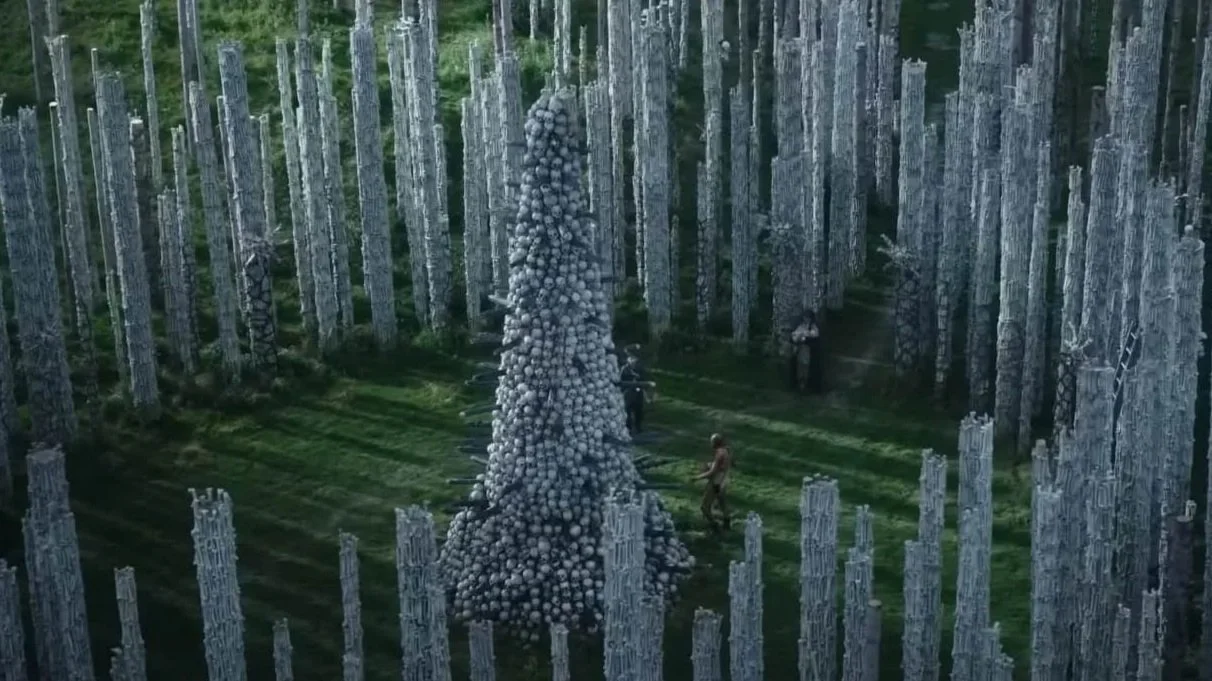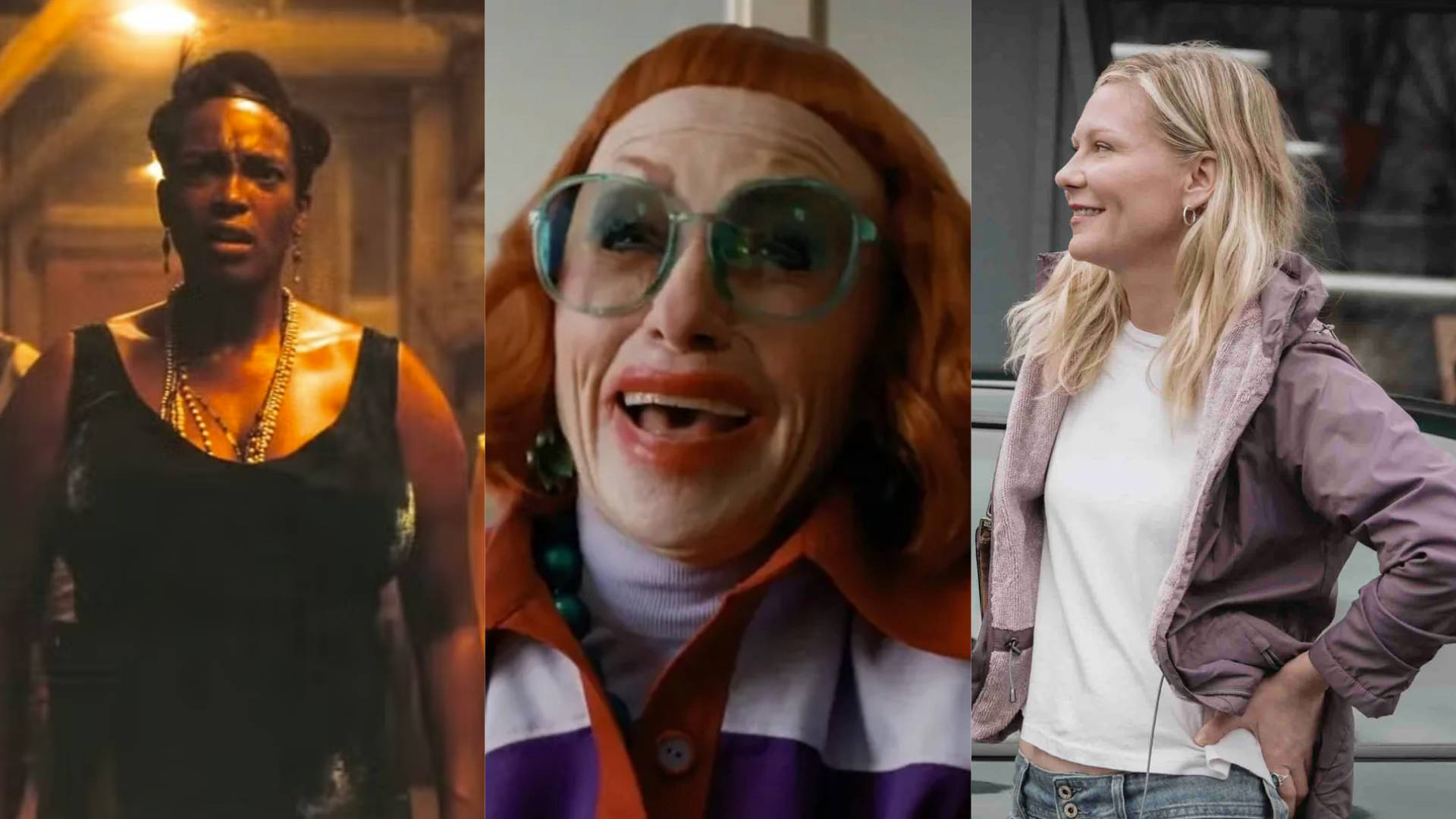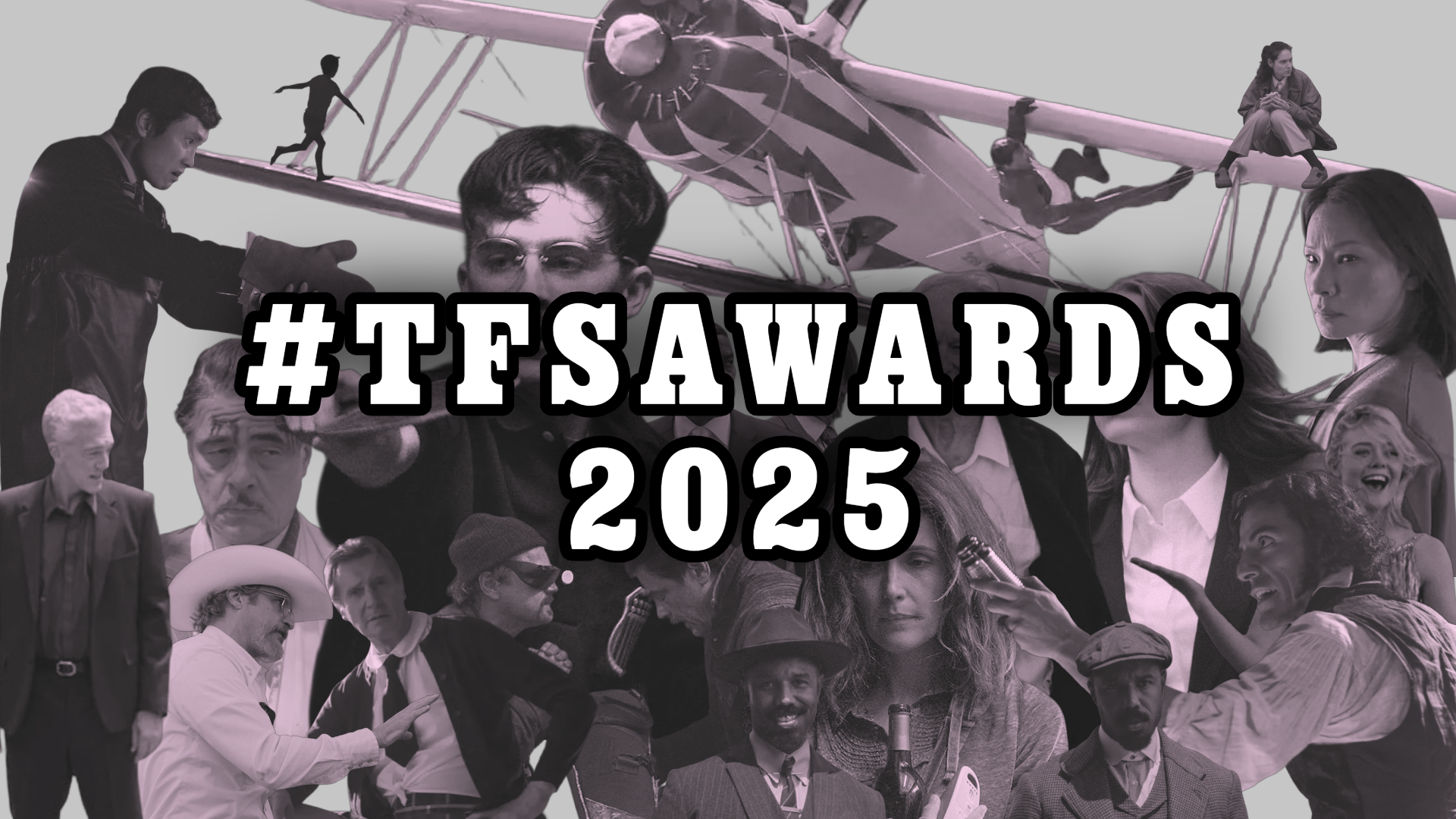SXSW 2022: Bad Axe
The documentary Bad Axe has the tenor of a personal video diary. Like we’ve seen in other docs and specials shot in 2020 there’s a sense of impatience and urgency in its presentation. Was the Covid-19 lockdown/pandemic going to last a few days? Weeks? Months? Years? We had no idea. In March of that year, as the lockdown began, director David Siev, moving to his hometown of Bad Axe, Michigan, picked up a camera and started shooting. You can sense right away he had no idea how or when his project was going to end. There’s a looseness in the narrative as the film chronicles his Cambodian-Mexican American family—he interviews his parents, sisters, brother-in-law, and even his youngest sister’s boyfriend. David’s father, Chun, and older sister, Jaclyn, are the film’s main focuses, as the tension of running their family-owned restaurant during Covid-19 has them at odds with themselves; they also have to deal with discrimination from their community. And in the end, each member of the family’s respective stories, including the director himself, together present the American experience in its rawest form.
As the months go by, it becomes clear that the restaurant’s problems don’t begin and end with its closure. As the family’s patriarch, Chun has the most compelling story. After surviving the Cambodian Killing Fields, he met his wife, started a family, and opened up the restaurant that’s not only their main source of income, but a symbol of the American dream. Chun’s older daughter, Jaclyn, helps run the business, telling Chun and her mother to stay home out of fear they’ll get the virus at its most dangerous peaks. That’s when the tension starts, and things escalate as the Black Lives Matter protests begin in the summer of 2020.
Jaclyn takes no shit. She joins her family and friend in joining a BLM protest in the small town of Bad Axe, and they come face to face with white nationalist militants. Jaclyn shouts them down, unafraid of the assault rifle-wielding group. David’s camera captures all of this, and the threatening phone calls that follow days later. The documentary suddenly shifts into a thriller as Chun, a lawful firearm owner himself, comes to his family’s aid. It never feels staged. Its rawness elevates each scene—David hides in the backseat of a car as Chun tracks down someone who may be following his daughter.
Even voting on Election Day feels compelling because we understand so much of why each person chronicled is voting, thanks to David’s point-and-shoot approach. He even turns the camera on himself at times. Near the end of the film, David breaks the fourth wall and starts to question the film’s message after releasing an early preview online. He talks it out with his family, who’s upset with how he’s portraying the city of Bad Axe. They’re worried about repercussions, and David’s ultimate realization in the end plays into the film’s ultimate purpose, and he captures it all with absolute honesty.
We’re going to be inundated with documentaries about 2020 for years. While so many real stories during that time are important and should be told, Covid-19 fatigue can set in for an audience that just wants to move on. But we should be listening. Bad Axe is a perfect example of how to tell a personal story of those affected by the pandemic that’s also a snapshot of America, both good and bad. It’s compelling, thoughtful, and most importantly, vital.
Score as in film scores. Get your minds out of the gutter.
It’s Frank vs Vamps this week!
It's time to podcast the Muppets on the Cinema to the Letter tonight!
Siobhan, Marcelo, and Thomas. Now that’s quite the podcast ensemble.
Support the Girls (And everyone else in this non-gender specific category)
The Podcast with One Name (Cinema to the Letter)
This isn't talking, this is podcasting with style!
When you look at the runtime of this episode, remember: paciencia y fe.
(Said in the candence of “Fire bad!”) Podcast good!
Curtain up! Light the lights!
Get ready for a cussing good time!
Mars Needs Moms Needs A Better Script
NIMH stands for Now I Must Hear (This).
Now we're going to do one of the most famous and popular podcasts ever recorded.
I Hope They Serve Beer to the World’s Greatest Dad: Endgame


